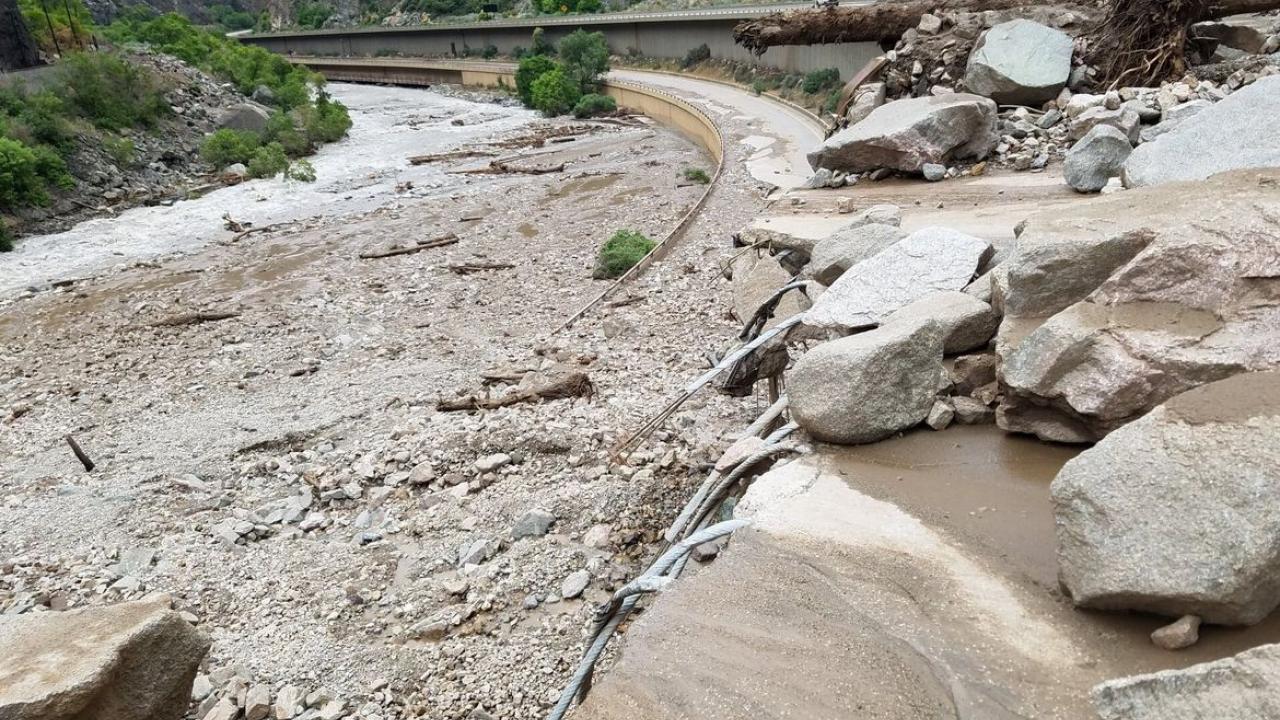New research co-authored by Daniel Swain, a UCLA climate scientist, projected that climate change will lead to increased debris flows, mudslides and flash floods within wildfire burn areas. This is due to the combination of higher temperatures, low humidity and both wet and dry precipitation extremes.
Using climate models, scientists analyzed the number of days each year when conditions fell in the 99.9th percentile for extreme weather conducive to wildfires and extreme precipitation. While there were historically only a couple of these days, climate change is quickly increasing the count across the entire study area which spans from the eastern Rockies to the Pacific Ocean and from northern Mexico to southwest Canada. More specifically, scientists projected that more than 90% of extreme fire weather events in California, Colorado and the Pacific Northwest will be followed within five years by at least three extreme rainfall events within the same area.
After producing these results, Swain and fellow authors emphasized the need for officials to create extra mitigation measures in order to effectively prepare and respond to these dangers. This includes investing in infrastructure that is more resilient and properly adapted to the new climate reality.
Learn more about the research and hear from Swain at UCLA Newsroom.
Study Authors:
Daniel L. Swain, UCLA Institute of the Environment and Sustainability, National Center for Atmospheric Research, The Nature Conservancy of California
Danielle Touma, UCSB Bren School of Environmental Science and Management, National Center for Atmospheric Research
Samantha Stevenson, UCSB Bren School of Environmental Science and Management
Deepti Singh, Washington State University School of the Environment
Dmitri A. Kalashnikov, Washington State University School of the Environment
Xingying Huang, UCSB Bren School of Environmental Science and Management, National Center for Atmospheric Research
Image Source: Colorado Department of Transportation





